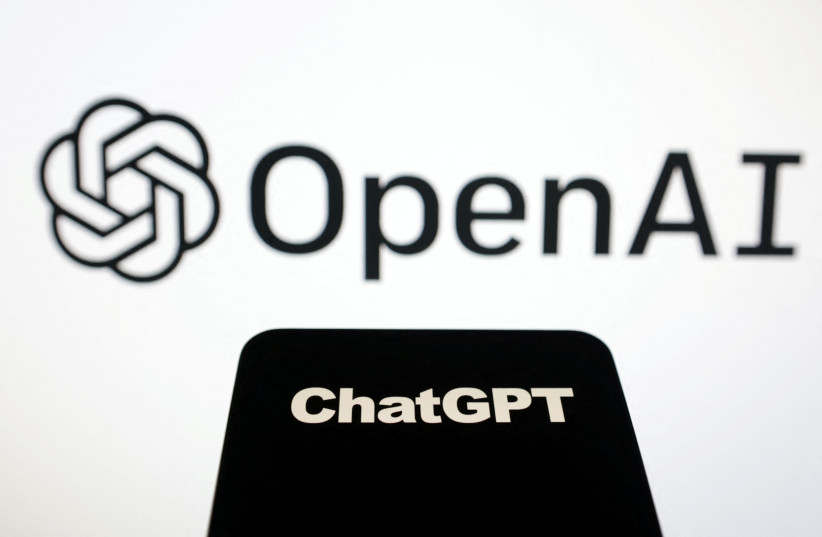When news broke about the Writers Guild of America’s (WGA) demand to regulate artificial intelligence (AI) in the writers’ room, it initially seemed like a battle between old-fashioned thinking and progress. However, delving deeper into the issue reveals that this fight is not only essential, but also extends beyond American writers, impacting artists worldwide and every consumer of art and culture.
The WGA has been on strike since May, protesting against the impending entry of a new player into the writers’ room – an AI system that is cheap, tireless, and brimming with ideas. Unlike human scriptwriters in Hollywood, this AI won’t grow tired, harbor resentment, or concern itself with lunch orders. It will continue working relentlessly, even on Yom Kippur.
Initially, these AI systems will likely be deployed in what remains of American late-night programs. The monologues that open these shows follow tight schedules, and their punchlines often adhere to familiar formulas. Equipped with powerful data analysis capabilities, AI algorithms excel at recognizing patterns, linguistic nuances, and the emotional context necessary for crafting effective jokes.
Consequently, AI will streamline the writing process, reducing the anxiety of facing a blank page and instead presenting writers with a full page to refine. Experts predict that within a short span of time, dramas, comedies, and children’s programs will also adopt AI, initially with varying degrees of success, until reaching a point where distinguishing between human and synthetic content becomes impossible.
Studios argue that AI is akin to introducing a word processor, asserting that screenwriters won’t lose their jobs to AI but, at most, to other screenwriters who are better at working with AI. Moreover, they claim that AI will facilitate the inclusion of underrepresented groups in writers’ rooms and ultimately enhance the quality of the final product.

While these points hold some truth, the studios’ motives lie in reducing the exorbitant costs associated with writers’ rooms and, in the process, undermining screenwriters’ demands for proper compensation and recognition of their copyrights. By involving a computer in the creative process, studios hope to exert greater financial control over the final product.
It sounds like an episode of Black Mirror, and it is no coincidence. When developing the new season of the series, Charlie Brooker asked ChatGPT, an AI language model, to create an episode in the show’s distinct style. Initially, the result seemed reasonable, but upon closer inspection, it turned out to be a mishmash of recycled ideas from previous episodes, lacking originality.
Ultimate test
This will be the ultimate test for AI – whether it can transcend being a sophisticated curator and become an independent producer of genuinely novel content. Will human culture continue to evolve and venture into new frontiers, or will it become a mere collection of the familiar?
This is no longer a battle confined to screenwriters alone; it affects every professional in the years to come, be it doctors, lawyers, accountants, or others. The integration of AI technologies into various industries will undoubtedly push humanity to new horizons and offer fresh opportunities.
However, this discourse must not be left solely to market forces. It is a complex question with profound societal implications. Ethical considerations and the involvement of non-commercial entities should guide the integration of AI to ensure that human workers remain integral to the creative ecosystem.
AI is a wondrous and magnificent beast, and Western society will inevitably be tempted to ride it. However, it must bear in mind that without proper controls, it can turn and bite.
As we navigate this cultural watershed moment, let us proceed thoughtfully, harnessing AI’s potential while preserving the essence of human creativity. Only then can we ensure that the tapestry of our collective culture continues to be woven with innovation.
The writer is a creative strategist focusing on the connection between content and tech and innovative ways for storytelling.
